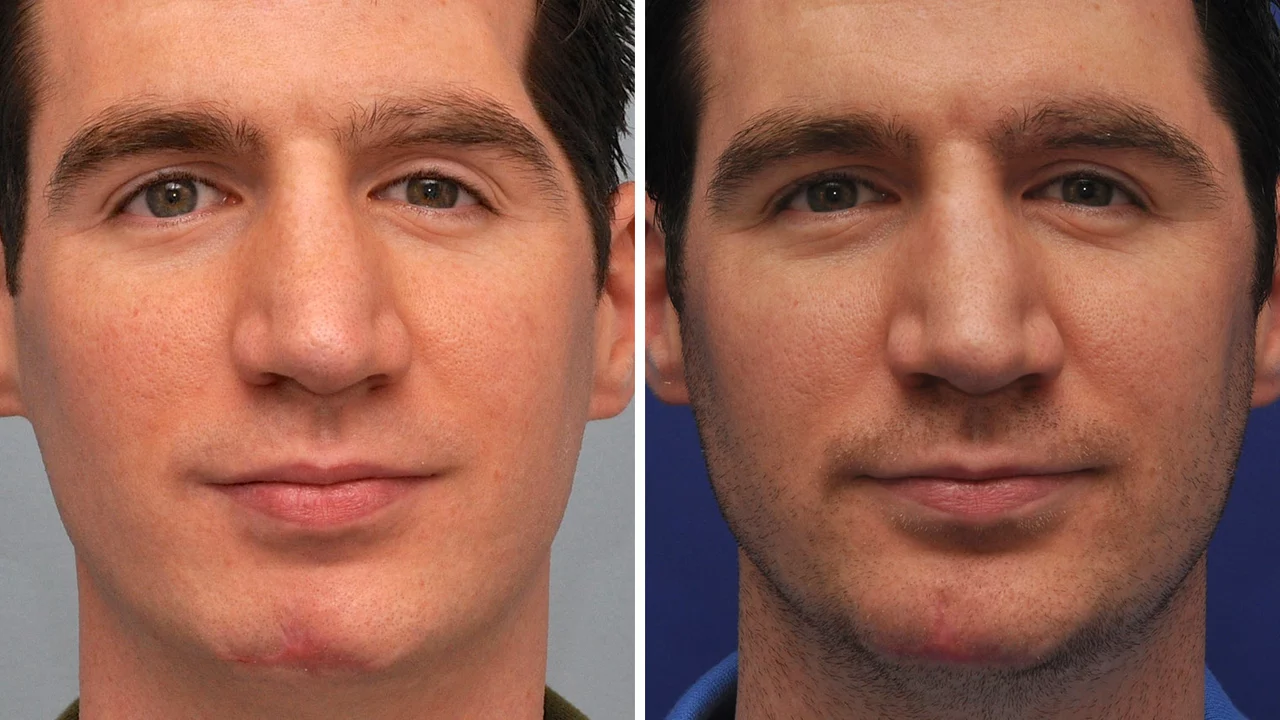Cosmetic Surgery: What You Need to Know Before You Book
A great result usually comes from planning, not luck. If you’re thinking about cosmetic surgery, know the basics so you can ask the right questions and avoid surprises. This page gives clear, practical guidance — the kind you’d want before signing the consent form.
First, be clear about your goal. Are you after subtle changes (like smoothing wrinkles) or a bigger transformation (like a tummy tuck)? Common procedures include rhinoplasty, breast lift/augmentation, liposuction, facelifts, and hair restoration. Non-surgical options — fillers, Botox, laser treatments, and PRP — can solve many concerns with less downtime and lower cost.
Risks, medications, and recovery
Every procedure carries risk: infection, bleeding, scarring, and uneven results. Recovery varies a lot — a filler session might need a day or two, while major surgery can take weeks to months for swelling to settle. Plan work and childcare around realistic recovery times.
Medications matter. Tell your surgeon and pharmacist about everything you take: prescriptions, over-the-counter drugs, and supplements. Some medicines raise bleeding risk (aspirin, NSAIDs, certain antidepressants) or interact with anesthesia. Antibiotics like cephalexin are often used after surgery; ask when to start them and whether alcohol affects your meds. If you take blood thinners or hormones, you may need dose changes before surgery — never stop meds on your own.
Smoking and vaping slow healing and raise complication rates. Aim to stop at least four weeks before and after major surgery. Follow wound care instructions exactly, and watch for fever, spreading redness, or unusual drainage — these need quick attention.
Picking a surgeon and planning the procedure
Board certification and experience in the specific procedure matter more than fancy ads. Ask for before-and-after photos of patients with similar goals, and check patient reviews. Confirm the surgery will be done in an accredited facility and ask who will handle anesthesia and follow-up care.
Ask these practical questions: How many of these operations have you done? What are the realistic results for someone my age and body type? What are the likely complications, and how do you handle them? What’s the full cost, including follow-ups and possible revision surgery? Get answers in writing when you can.
Budget for downtime, prescriptions, and a small emergency fund for unexpected care. If you’re exploring hair loss options, weigh medical treatments (like Propecia alternatives or topical minoxidil) against surgical choices such as transplants. Non-surgical routes can be cheaper and reversible; surgery is more permanent but needs careful planning.
Want practical reads? Check our articles on choosing medications safely, saving on prescriptions, and hair-loss alternatives to learn more before you decide. And remember: a good surgeon will give honest expectations and a clear plan for recovery — walk away if anything feels rushed or unclear.

How to care for scars after cosmetic surgery
Taking care of scars after cosmetic surgery is crucial to promote healing and minimize their visibility. It's important to keep the scar clean and moisturized to prevent infection and dryness. Protecting the scar from the sun by using sunscreen or wearing protective clothing is another vital step. Light massage can also help to decrease scar tissue build-up. Lastly, be patient as scars can take up to a year or more to fully heal and fade.
Read More